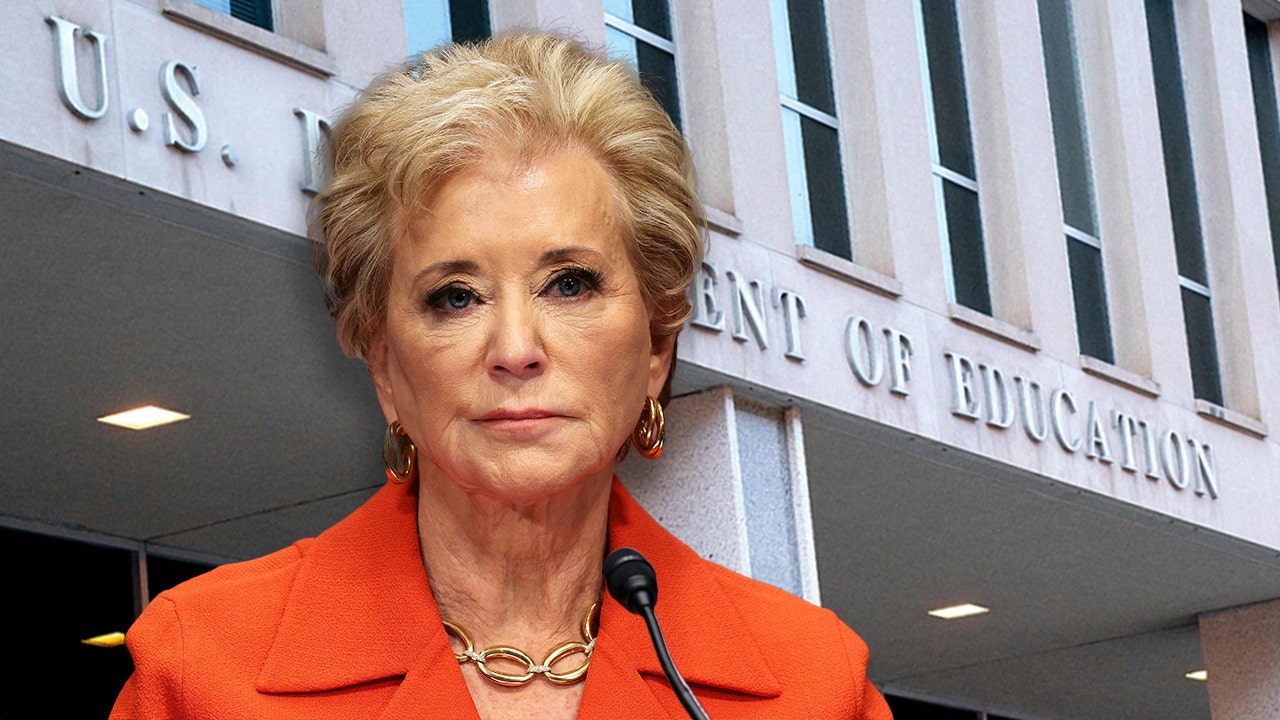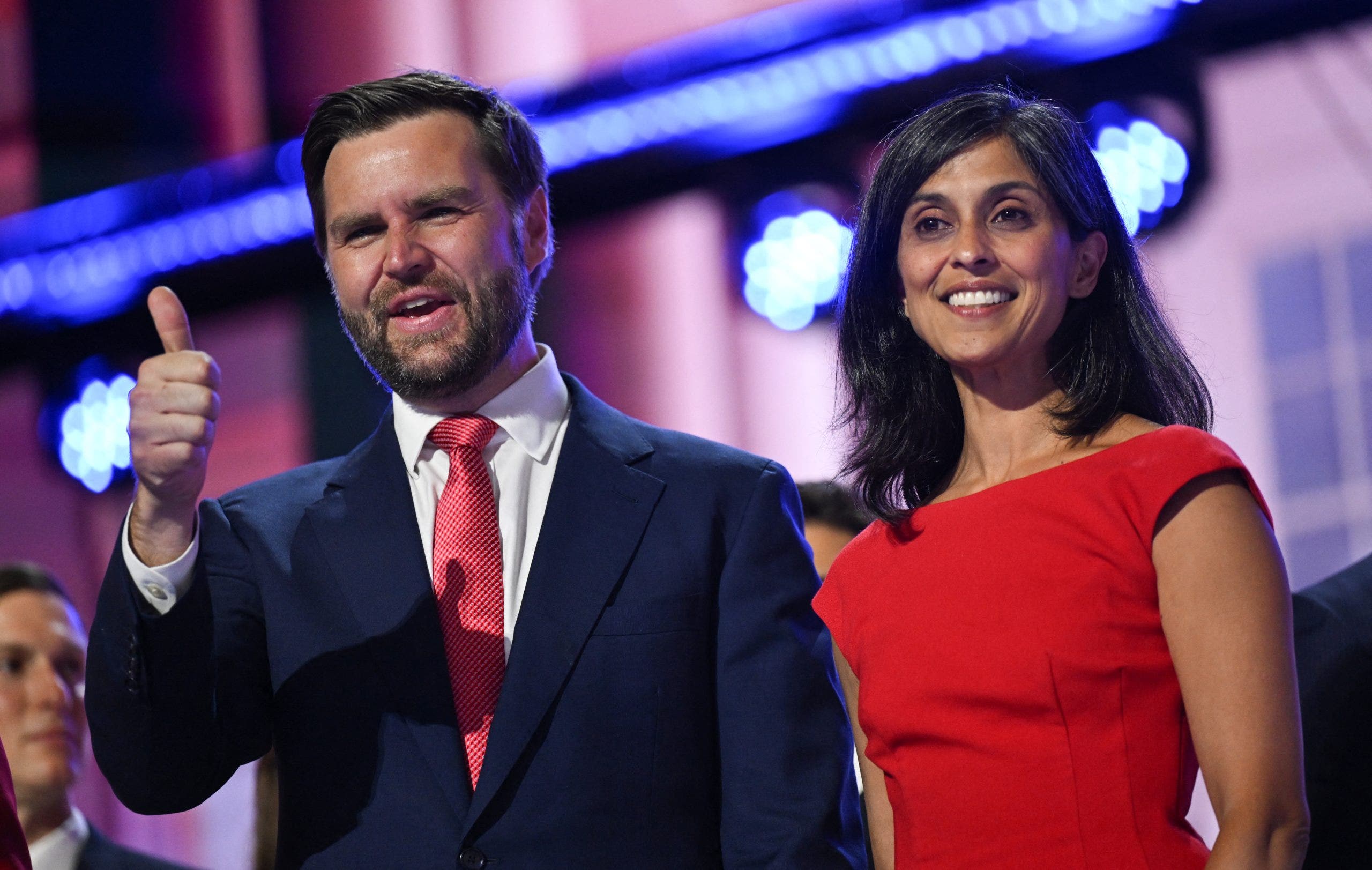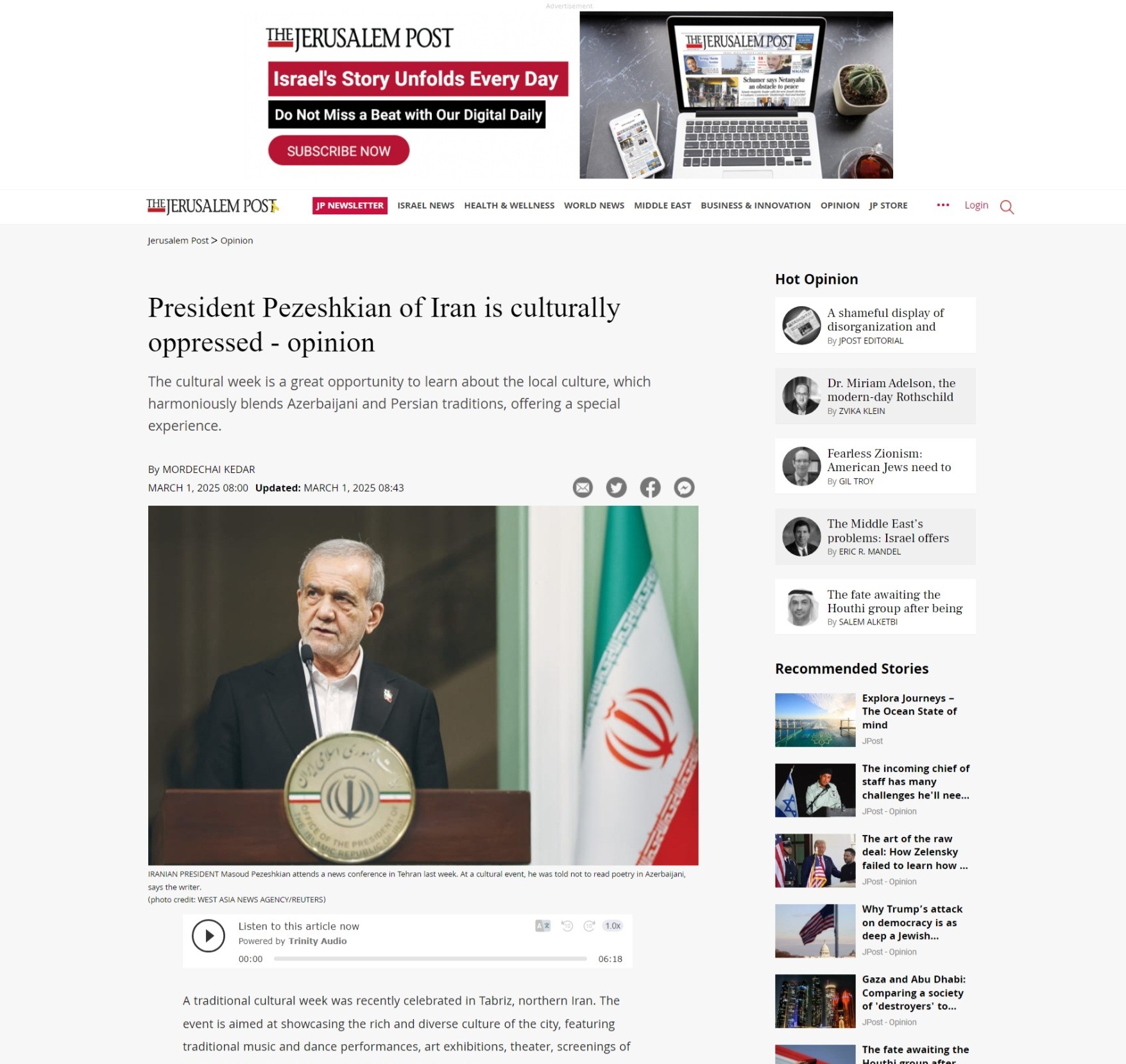While ceasefire talks have shown promise, with a Hamas delegation sent to Egypt on Saturday, Netanyahu’s refusal to fully halt hostilities with Hamas is influencing the outcome of the discussions, sources told The National on Sunday, 5 May.
Currently, the main obstacle to progress lies in whether Israel will agree to end the war without achieving its objective of dismantling the militant group Hamas.
Hamas insists on a lasting ceasefire and a full Israeli withdrawal from Gaza, while Prime Minister Benjamin Netanyahu has refused to commit to ending the conflict.
In a statement released on Sunday, Netanyahu reiterated his refusal to meet Hamas demands for an end to the Gaza conflict in exchange for the release of hostages, emphasizing that such a move would bolster Hamas’s authority and pose a threat to Israel.
“While Israel has shown willingness, Hamas remains entrenched in its extreme positions, first among them the demand to remove all our forces from the Gaza Strip, end the war, and leave Hamas in power,” Netanyahu said. “Hamas would be able to achieve its promise of carrying out again and again and again its massacres, rapes and kidnapping.”
An Israeli senior official stressed to local Israeli media Israel’s commitment to the Rafah invasion, adding that Israel would under no circumstances agree to terminate hostilities as a condition for releasing hostages.
According to Israeli media reports, hard-line cabinet members are purportedly advocating for an assault on Rafah, adding pressure to Netanyahu’s decision-making.
Israel is currently experiencing domestic unrest, as evidenced by the protests that are taking place in Jerusalem and Tel Aviv since Saturday night.
Some of the demonstrators in Tel Aviv accused. Netanyahu of trying to prolong the conflict in Gaza, while others sang “life is holy, war is not.”





















Discussion about this post